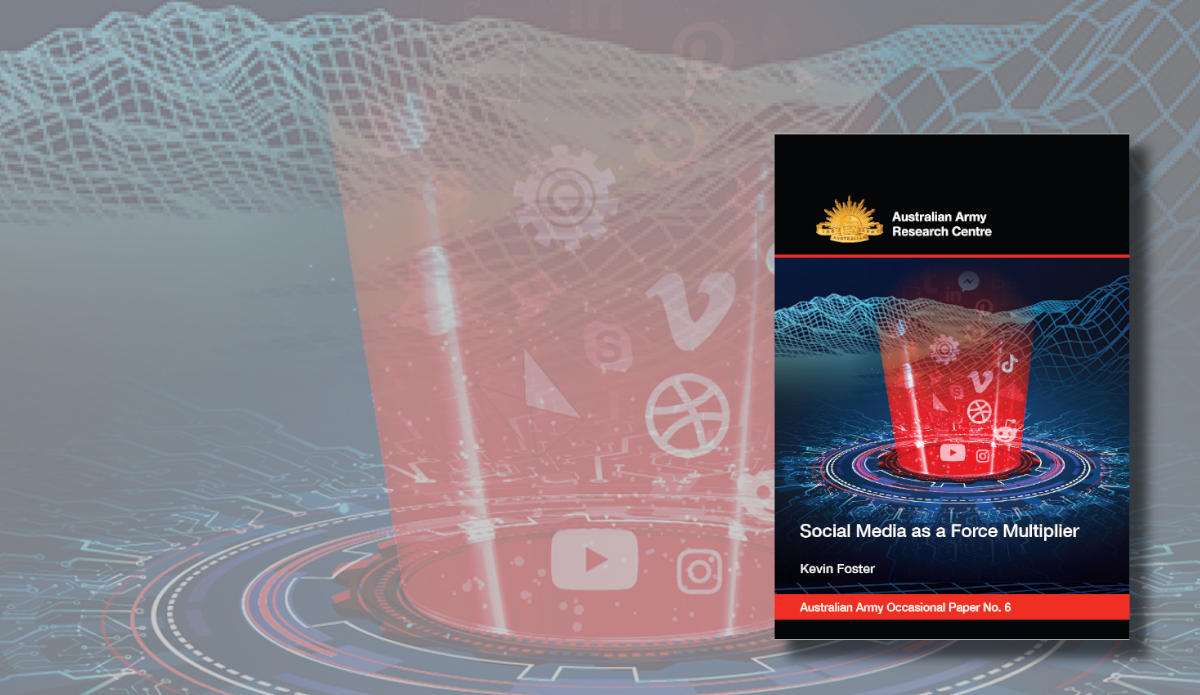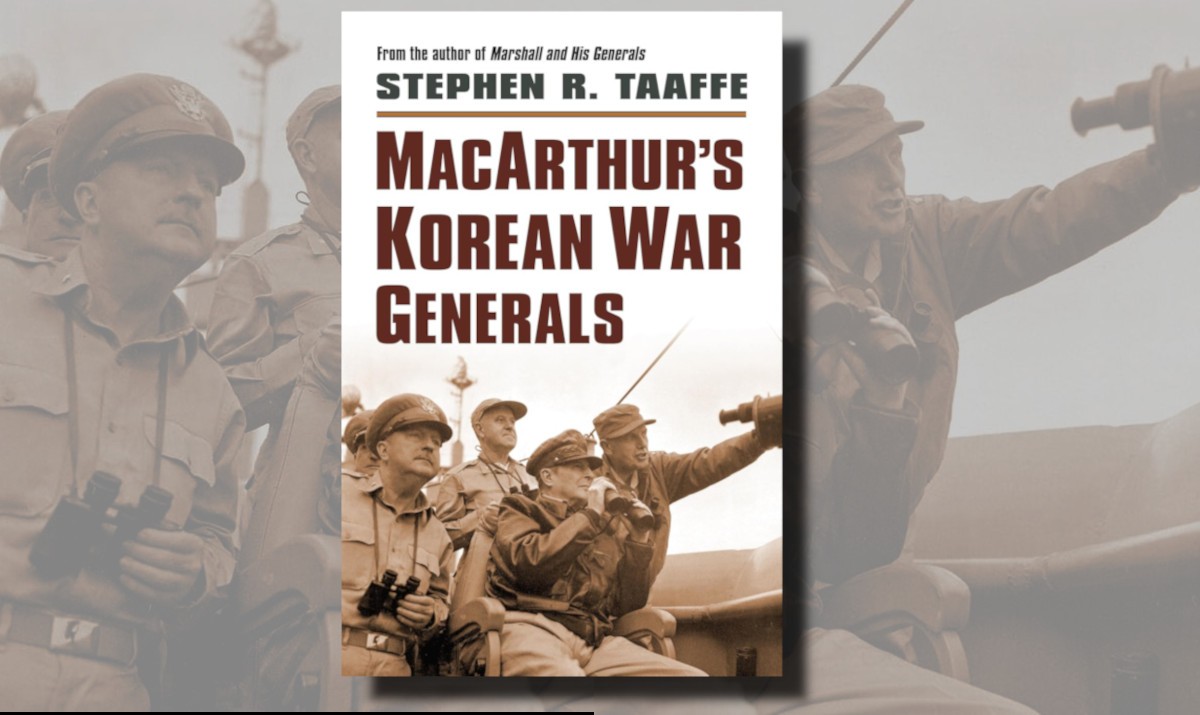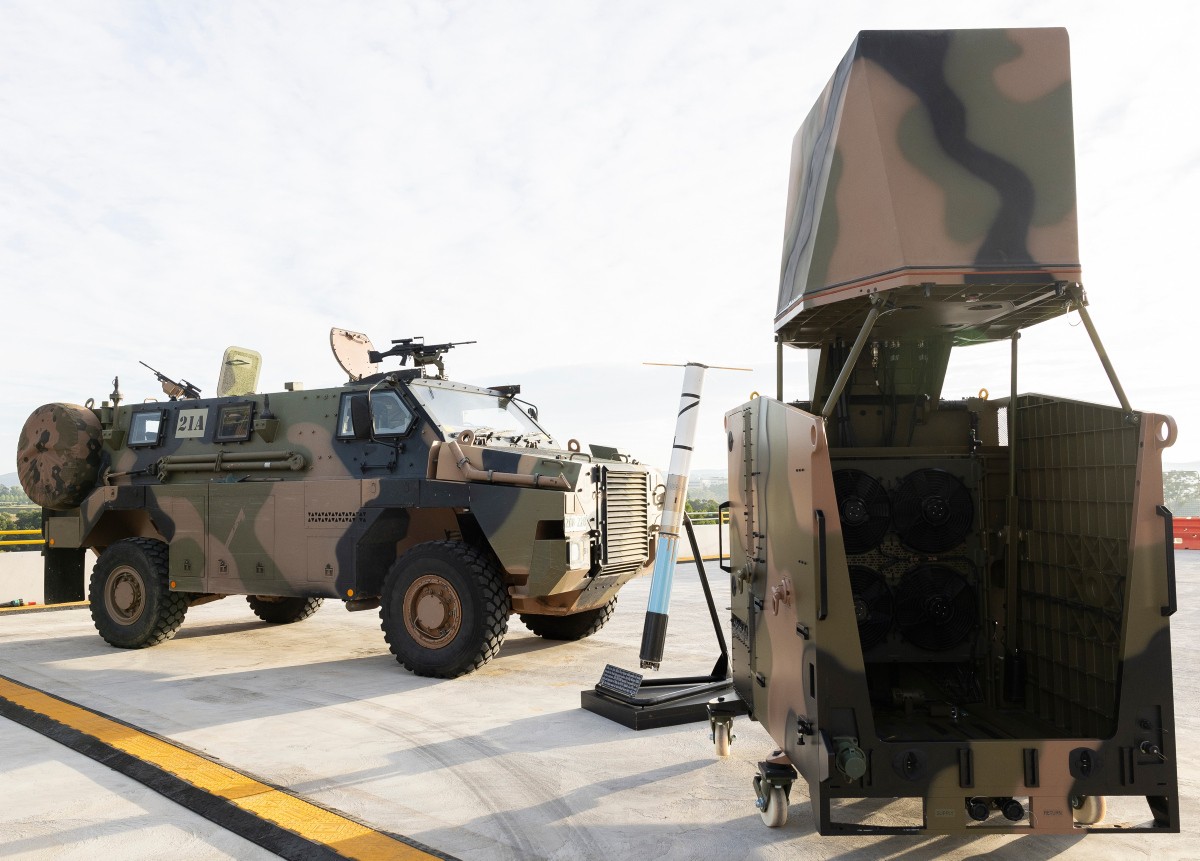The Land Power Forum blog is published by the Australian Army Research Centre in order to generate discussion and debate about the future of Army.
It is a forum for informed analysis, commentary, thoughts and ideas. Contributions are welcomed from stakeholders, subject matter experts and those interested in future land warfare.
| Articles | ||
|---|---|---|

|
Book Review: From Tobruk to Tunis
Book reviewMilitary historyLand combat |
In this book, Neal Dando seeks to prove the 'significant impact of the physical terrain' on British operations during the North African campaigns from 1940 to 1943, and 'the subsidiary effect this had on tactical doctrine.' The principal purpose behind this study is his concern that historians have not paid sufficient attention to terrain on the fighting in North Africa. Hence his attempt to elevate the importance of the landscape on the planning and conduct of these campaigns. |

|
People, Culture and Ethics (Spotlight Brief 5/21)
Strategic AnalysisSpotlight BriefPeople, Culture and Ethics |
|

|
Urban Myths? Exploring assumptions in the literature of urban Warfare: Part 2
Urban conflict |
In Part 1 of this series, Dan Kealy drew attention to one of the great themes of urban warfare literature - that city fighting is uniquely, excessively bloody. This article charts the development of this theme from World War II to the present and argues that it manifests a core challenge to the achievement of successful urban operations – specifically, force protection. |

|
Challenging the Methodology
Cognitive edgePsychologyPhysiology |
Hugh Manson reflects on his recent involvement with the Australian Army Land Warfare Laboratory (AALW) and the opportunites that exist to use operational research methodologies to enhance leadership decision-making within Army. |

|
Economy (Spotlight Brief 5/21)
Strategic AnalysisSpotlight BriefEconomics |
|

|
Strategy (Spotlight Brief 5/21)
Strategic AnalysisSpotlight BriefStrategy |
|

|
Social Media as a Force Multiplier
Cyber/space |
In this paper, Associate Professor Kevin Foster of Monash University examines how the Australian Army’s engagement with, and use of, social media compares to that of allied and comparator militaries. Drawing on historical examples drawn from the First Gulf War, Somalia and Kosovo as well as Afghanistan and the Second Gulf War, the paper examines how militaries in the US, Britain, Israel and Australia have met (or have yet to meet) the challenges posed by the changed nature of conflict and the increasingly central role that social media plays in it. |

|
Evolving Geo-strategic Dynamics (Spotlight Brief 5/21)
Strategic AnalysisSpotlight BriefPeople, Culture and Ethics |
|

|
Cyber-Enabled Foreign Influence and Interference
Cyber/spacegrey zone |
|

|
Our Region (Spotlight Brief 5/21)
Spotlight BriefPeople, Culture and EthicsProximity and Partnerships |
The content in this article is an extract of Spotlight Brief 5/21 |

|
Hindsight in 2021
StrategyFuture Ready |
This article reaffirms that constructive thought must lead action. Particularly, as our contest of ideas is important in an era of accelerated warfare and the applied value of our collective brainpower will continue to be the decisive difference tomorrow. |

|
Urban Myths? Exploring assumptions in the literature of urban Warfare: Part 1
|
|

|
Book Review: Civil Resistance
Book review |
|

|
Future Land Warfare Collection 2021: The Debris of an Organisation
Ready NowFuture ReadyForce Design |
|

|
Future Land Warfare Collection 2021: A Grey Zone - or Just Irregular Warfare?
Hybrid WarfareIrregular Warfaregrey zoneconvergence |
The 2020 Defence Strategic Update normalised ‘grey-zone activities’ in the lexicon, introducing them as a strategic driver shaping Australia’s strategic environment and noting that Defence will expand its capability to respond to such threats. This task will prove difficult without a clear understanding of what is meant by the term ‘grey zone’. |

|
Future Land Warfare Collection 2021: Joint Logistics Through Robotic and Autonomous Systems - Opportunities and Risks
LogisticsRobotics & Autonomous Systems |
|

|
Future Land Warfare Collection 2021: Data to Decisions: Enabling Military Decision-Making through Operations Research and Systems Analysis
Strategic Analysis |
Data-driven, analysis-based decision-making is the standard today in most successful businesses. Chief data officers and analytic staff with data scientists or operations analysts are increasingly a part of their structure. |

|
Future Land Warfare Collection 2021: Three into five doesn't go
|
|

|
Future Land Warfare Collection 2021: Creating the Joint ISR Enterprise that Was Needed Yesterday
Amphibious/joint/interagencyCultureArmy in Motion |
This essay argues that the operational ISR enterprise should be reformed. As will be detailed, the solution is to reimagine the ISR enterprise through the creation of ISR ‘precincts’, supported by a joint ISR training program. Each ISR precinct comprises a joint ISR training section; a processing, exploitation and dissemination (PED) hub; and an attached dedicated all-source cell. The amalgam of ISR precincts with collocated all-source cells will enhance support to the decision-maker. A more effective ISR enterprise generates the tempo needed in decision-making to more efficiently respond to the challenges of the contemporary operating environment. |

|
Introducing the Future Land Warfare Collection 2021, Australian Army Research Centre (AARC)
Future Ready |
The authors of the essays published in the 2021 FLW Essay Collection represent some of these important thinkers. The essays are written by members of the Australian Army Research Centre, the Australian Army History Unit, the Robotics and Integrated Technologies Coordination Office, and the Land Force Design and Force Structure Directorates. Originally written for the 2020 Chief of Joint Operations Essay competition, these papers span some of the important priorities of an Army that is firmly focused on its transformation. They serve as an example of the institutional approach that Army needs to apply in terms of leading change and debating the future of the Australian Army. |
Pagination
The Australian Army Research Centre welcomes contributions to foster debate.


